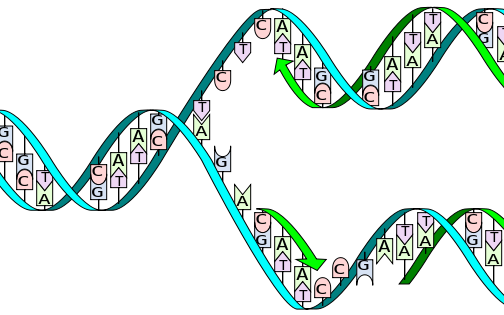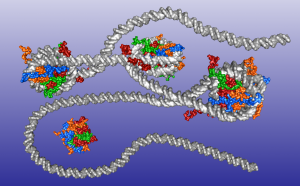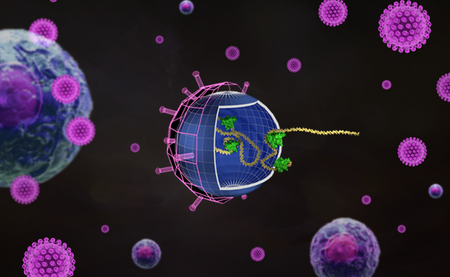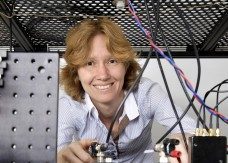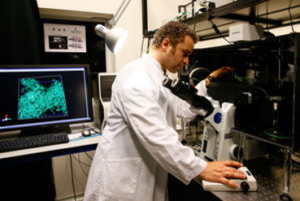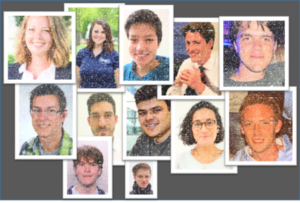Welcome to the Nynke Dekker Lab
Our lab focuses on understanding the key cellular process of replication using a combination of biophysical and biochemical approaches. At present, we predominantly focus on DNA replication in eukaryotic systems (including also the chromatin context), but we also have interest in bacterial and viral systems, the latter in the context of RNA replication. We perform our studies both in vitro, using purified components, and in vivo, observing inside living cells. We are particularly interested in the dynamic aspects of these processes, which we are able to observe using state-of-the-art single-molecule biophysics approaches that are highly integrated with biochemistry.
Quantitative biologists, biochemists, and (bio)physicists interested in establishing a mechanistic understanding of replication are welcome to apply to our laboratory, which is part of the Department of Bionanoscience, in the Kavli Institute of Nanoscience at the Delft University of Technology.
Our work
The copying, or replication, of DNA is one of the central processes that take place in all living organisms. In our group, we aim at understanding the molecular processes that underlie DNA and RNA replication, with the particular goal of gaining spatiotemporal insight into their dynamics. More concretely, we are interested in understanding how individual molecules interact in space and time, so as to jointly perform an otherwise extremely efficient and accurate task.
Our approach combines the use of cutting-edge single-molecule biophysics tools, which allow us to visualize and track multiple and diverse single molecules simultaneously, with in-house purified components and advanced biochemical assays. Single-molecule techniques provide a complementary approach to bulk biochemistry, and address relevant questions regarding the dynamics of DNA/RNA replication that cannot be obtained otherwise, thereby contributing to the advancement of the field of replication.
These high-resolution techniques, which include single-molecule fluorescence and single-molecule force spectroscopy (magnetic and optical tweezers), or a combination of both, monitor individual biochemical processes under physiological conditions in real time.
While the primary aim of our research is to give fundamental mechanistic insight into different aspects of replication, also biomedically relevant clues can be obtained using our approaches. For instance, we can study how mutations in a viral genome are triggered by drug compounds or how eukaryotic genomes deal with not only replication of the genome but also with the replication of epigenetic information.
Click here to learn more about our scientific challenges and particular research topics.
Our team
Nynke Dekker obtained her BSc cum Laude from Yale University (with majors in both physics and in applied mathematics), an MSc cum laude in physics from Leiden University, and a prestigious PhD in physics from Harvard University. This was followed by a postdoctoral period at the Ecole Normale Supérieure in Paris in which she transitioned into the field of biological physics. She became a faculty member at TU Delft in 2002, where she rapidly rose from Assistant Professor to Full Professor. (see more)
Senior researchers, postdocs, and PhD candidates compose our multidisciplinary research team. Click here to see who is who in the lab. New prospective team members with experience in a variety of fields, e.g. biophysics, single-molecule techniques, optical imaging or microscopy, biochemistry, molecular biology, or quantitative cell biology, are always welcome to apply to our group. (see Job openings).
Masters and bachelors students are an important part of our lab. Typically we have several students in the group. They are fully integrated into our multidisciplinary team of researchers, both scientifically and socially. Every student is guided to grow in their planning, experimental, and presentation skills and become independent to a level where they can make a real contribution to research at the cutting edge of science (see open projects). In this way a unique experience at the frontier of research is gained. If you are interested in our lab, you are invited to contact us.
